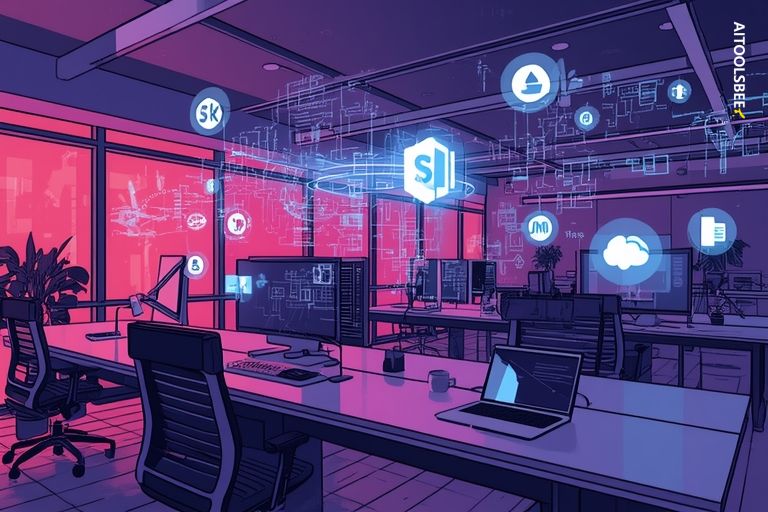
OpenAI Introduces ‘Company Knowledge’ for ChatGPT
OpenAI has launched a new feature called company knowledge for ChatGPT Business, Enterprise, and Edu users, enabling integration with work applications like Slack, SharePoint, Google Drive, and GitHub. This feature allows ChatGPT to access internal company data, powered by a version of GPT-5 trained to search across multiple sources, providing answers with citations based on actual company activities.
The feature functions as demonstrated, allowing users to request client briefings that compile information from Slack channels, Google Docs, and support tickets, with citations clarifying the sources. Permissions are maintained, ensuring ChatGPT only accesses data viewable by the user. OpenAI plans to add connectors for Asana, GitLab, and ClickUp this week.
However, the implementation highlights OpenAI's lag in enterprise tooling. Microsoft has had time to refine Copilot Search across its extensive Microsoft 365 user base, while Google's Gemini Enterprise launched as a comprehensive platform with pre-built agents, no-code tools, and unified governance. Both competitors are priced at $30 per user per month, similar to OpenAI.
The company positions this as transformative, with OpenAI's COO Brad Lightcap claiming that company knowledge has significantly changed his use of ChatGPT at work. Yet, with competitors having launched similar features months earlier with fewer limitations, calling it a breakthrough may seem like marketing attempting to cover a gap.
OpenAI intends to eventually integrate company knowledge with ChatGPT's full capabilities and automate the process. When achieved, it might become competitive. Currently, it represents a basic feature arriving late in an ongoing race. For companies with large internal knowledge silos, such as documents in Google Drive, Slack channels, or GitHub repositories, this announcement signals a serious effort to transform these fragments into coherent, actionable insights. While technical and governance challenges exist, the potential benefits include reduced time searching for context and more time acting on it.

